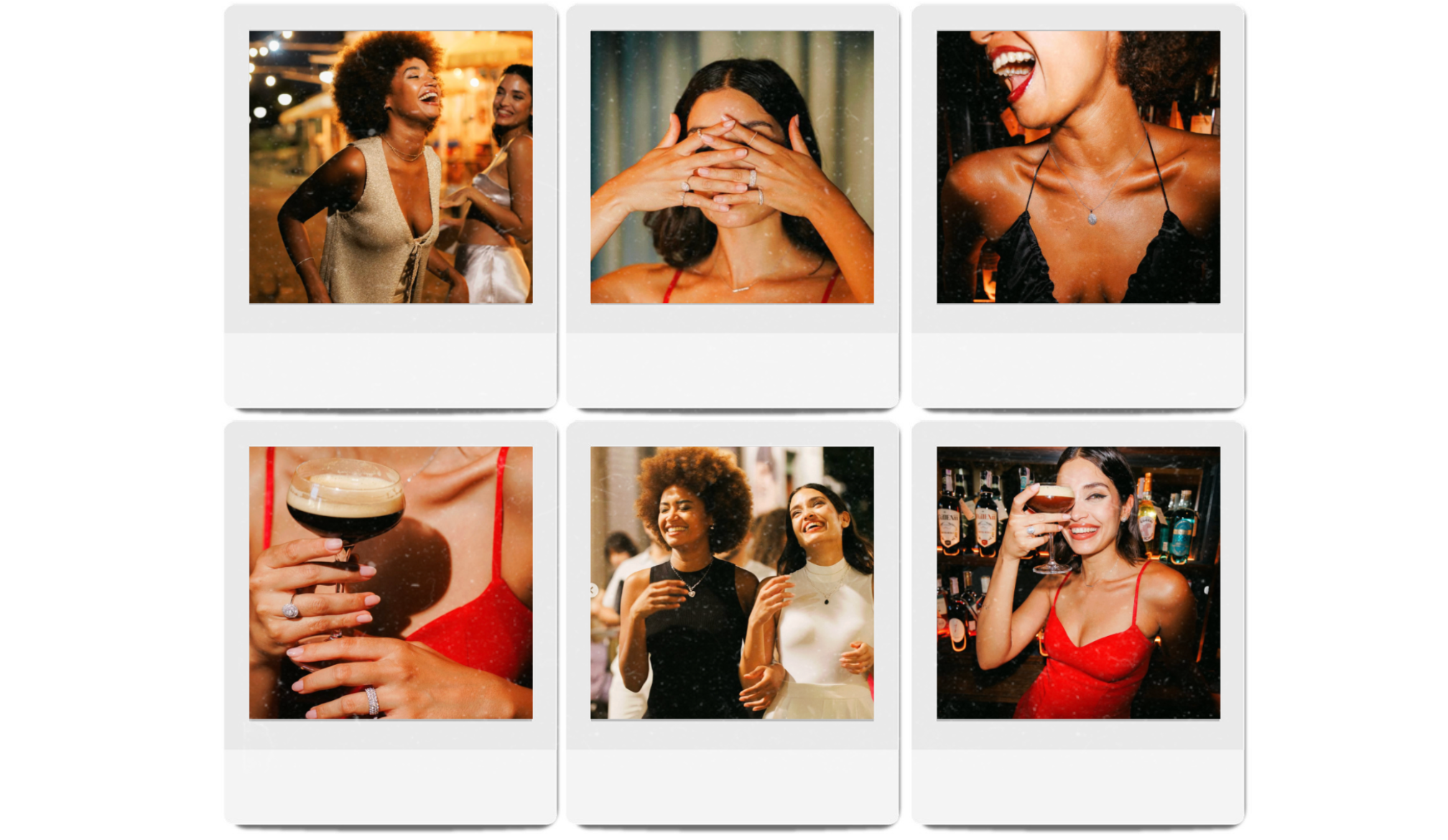Galentine’s Day, Sorted: Jewellery Gifts for the Girls You Love Most
- Written by The Women's Magazine

Because romance is cute… but your best friends are forever.
Valentine’s Day will always have its place (flowers, dinner dates, the whole vibe)… but if we’re being honest, the real love stories are often the ones that show up every single day.
The girls who hype you up, hold you together, celebrate your wins like they’re their own, and somehow always know what you need before you say it out loud. The ones who’ve seen every version of you - the thriving one, the chaotic one, and the “I’m fine” one - and stayed anyway.
This year, we’re celebrating them. Welcome to Galentine’s Day - the ultimate excuse to spoil your besties (and yourself) with jewellery that feels personal, meaningful, and a little bit iconic.
Whether you’re planning a wine night, a girls’ dinner, matching fits, or just sending a “love you always” surprise, Bevilles has the perfect pieces to make it feel special - without needing a big romantic reason.
For the Best Friends Who Are Basically Family
The one you’d call at 2am without thinking twice.
Some friendships don’t need the constant check-ins - they’re just solid. If your bestie is the ride-or-die type, choose a piece that feels timeless and wearable every day.
Gift idea picks:
- Sterling Silver Knotted Stud Earrings - $34.00
- Sterling Silver Evil Eye Cubic Zirconia Stud Earrings - $39.00
- 45cm Cubic Zirconia Evil Eye Necklace in Sterling Silver - 49.00
For the Friend Who Deserves a Little Extra Right Now
A “thinking of you” gift goes further than you realise.
Not every Galentine’s gift has to be big or loud. Sometimes the most meaningful gifts are the ones that simply say: I see you. I’m proud of you. I’m here.
Gift idea picks:
- Drop Stud Earrings with Cubic Zirconia in Sterling Silver - $44.00
- Drop Necklace with Cubic Zirconia in Sterling Silver - $64.00
- 45cm Open Heart Pendant Necklace with Cubic Zirconia in Sterling Silver - $64.00
For the Friend Who Loves a Little Glam
If she’s extra, the gift should be too
This is for the girl who never misses a chance to dress up, always has a blowout booked, and somehow makes “just popping out” look editorial. Lean into sparkle and standout pieces that bring instant confidence.
Gift idea picks:
- 20cm Initial Cubic Zirconia Tennis Bracelet in Sterling Silver - $69.00
- Bow Stud Earrings in 18kt Gold Plated Sterling Silver - $19.00
- 5mm Round Cubic Zirconia Studs in 18kt Gold Plated Sterling Silver - $49.00
Love doesn’t have to look like roses and romance. Sometimes it looks like a group chat that never sleeps, a friend who knows your coffee order, or the girl who shows up with a pep talk when you need it most.
This Galentine’s Day, celebrate the women who make life brighter - with jewellery that’s thoughtful, wearable, and full of heart.










